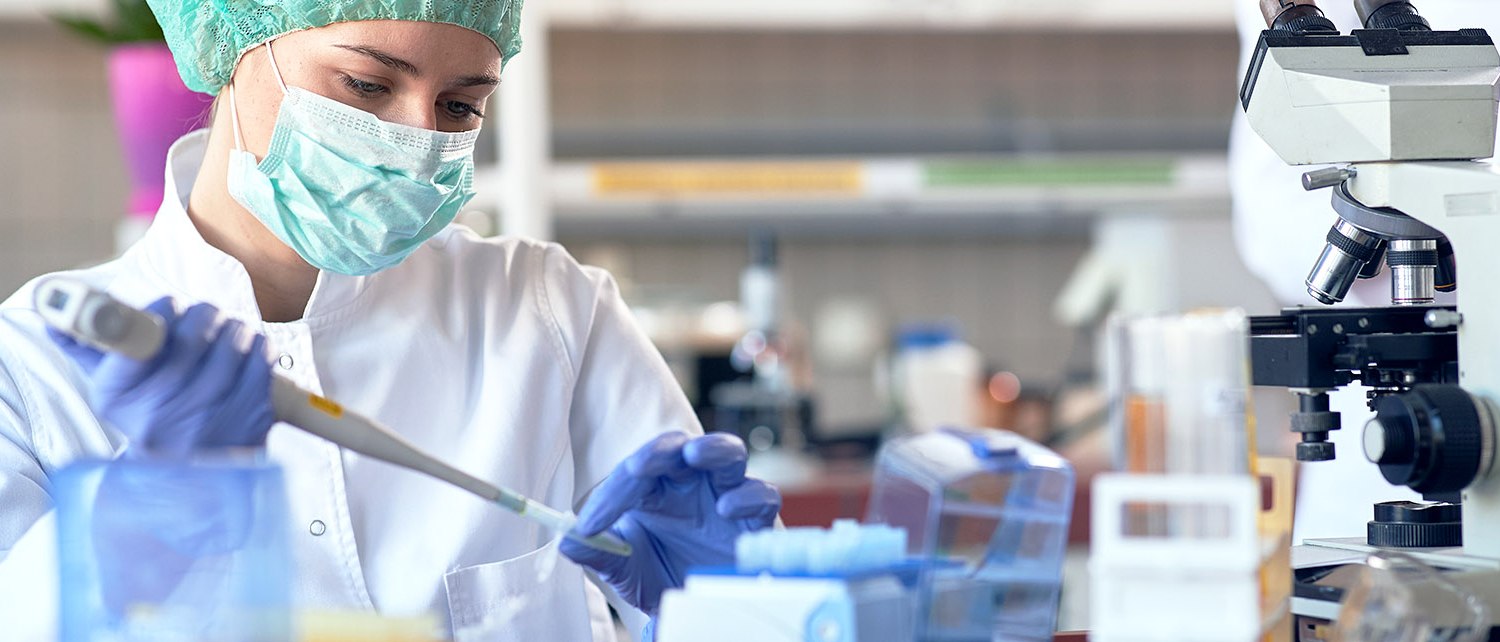NEW YORK (October 14, 2020)—The World Health Organization’s Global Tuberculosis (TB) Report 2020 confirms that efforts to track and treat TB worldwide continued to trend in a positive direction during 2019. However, these tentative, hard-won gains face the prospect of a dramatic reversal due to the COVID-19 pandemic.
In 2019, there were an estimated 10 million cases of TB globally. Tuberculosis remained the world’s leading infectious killer, accounting for 1.4 million deaths in 2019. This figure is a welcome decrease from 1.5 million deaths in 2018, though the pace of progress has been too slow and the number of people suffering and dying from TB remains, as our founding stakeholders phrased it 20 years ago, “a blight on the face of humanity.”
Substantially greater investments and political will, including support for and investment in the development and uptake of new technologies, are needed to eradicate the disease. The report notes a greater than $1 billion shortfall in funding targets for TB research. At a minimum, full funding of a robust portfolio of new TB treatments, vaccines, and diagnostics is needed to realize rapid and effective prevention, diagnosis, and TB cure for all.
This report also affirms that drug-resistant forms of TB remain a tenacious threat: approximately half a million people were infected with drug-resistant (DR) TB in 2019. The proportion of people with rifampin-resistant and multidrug-resistant forms of TB enrolled in treatment is 38 percent, with a treatment success rate of 57 percent. While these figures represent an incremental improvement from 2018, they are considerably lower than what the situation demands and patients deserve. There is a clear failure to counter the threat of DR-TB, which is the leading cause of death from antimicrobial resistance globally. Short, simplified, all-oral therapies with high success rates must be prioritized.
The findings in this year’s report reflect data from 2019 and therefore do not account for the impact of COVID-19 on the TB pandemic. Unquestionably, the consequences will be severe; the report estimates that the number of people developing TB could increase by more than 1 million per year between 2020-2025 due to COVID-19.
The COVID-19 pandemic reinforces the true scope of what is needed to mount a speedy and thorough response to a resilient and widespread disease. Like COVID-19, any realistic attempt to eradicate TB requires a tremendous global financial commitment to discover and develop new technological modalities, including vaccines, therapeutics, and diagnostics. As noted in the report, the TB field remains far from realizing those resources.
About TB Alliance (Global Alliance for TB Drug Development)
TB Alliance is a not-for-profit organization dedicated to finding faster acting and affordable drug regimens to fight TB. Through innovative science and with partners around the globe, we aim to ensure equitable access to faster, better TB cures that will advance global health and prosperity. TB Alliance operates with support from Australia’s Department of Foreign Affairs and Trade, Bill & Melinda Gates Foundation, Cystic Fibrosis Foundation, European & Developing Countries Clinical Trials Partnership, Germany’s Federal Ministry of Education and Research through KfW, Global Health Innovative Technology Fund, Indonesia Health Fund, Irish Aid, Medical Research Council (United Kingdom), National Institute of Allergy and Infectious Disease, Netherlands Ministry of Foreign Affairs, Rockefeller Foundation, United Kingdom Department for International Development, and the United States Agency for International Development.


